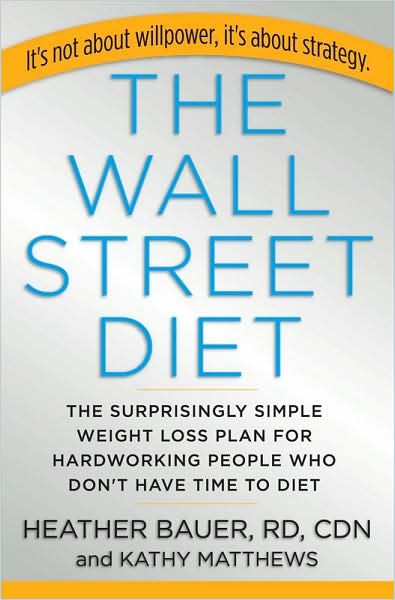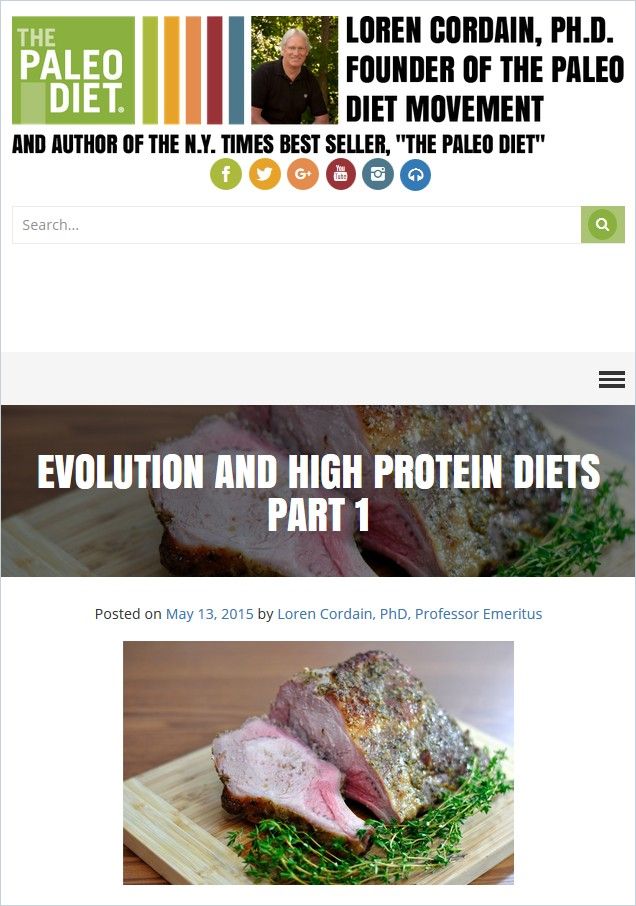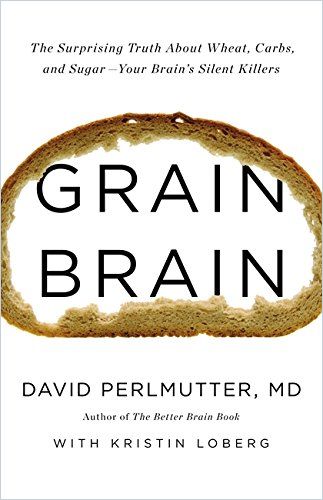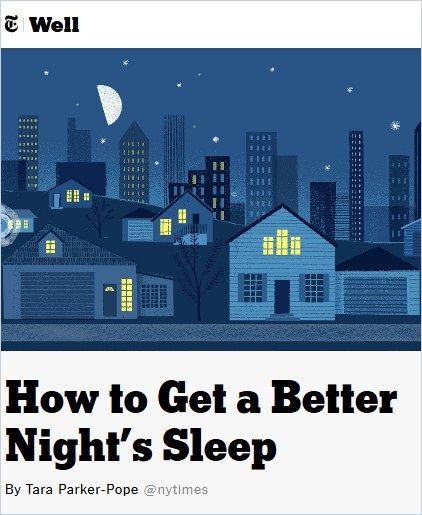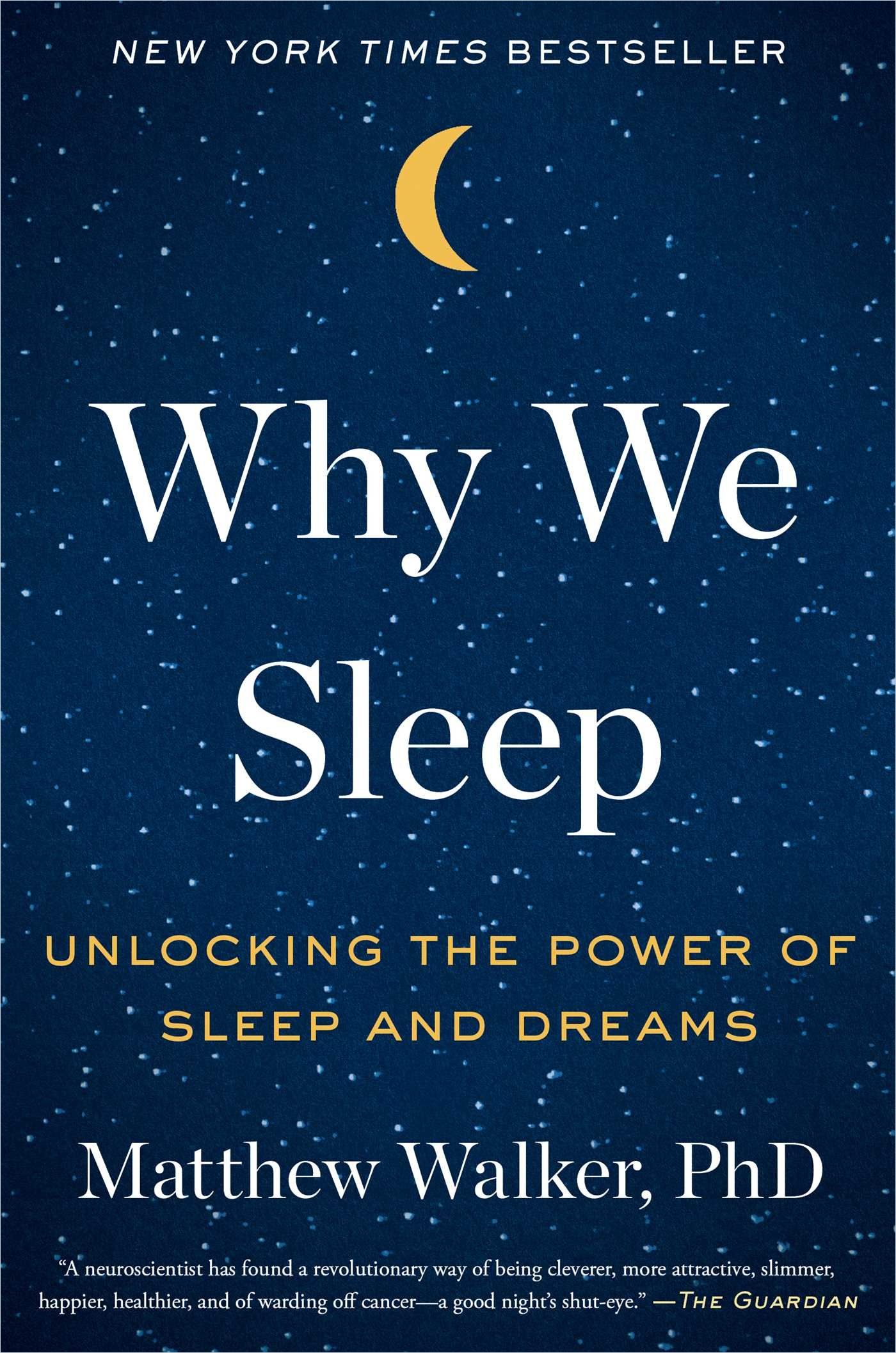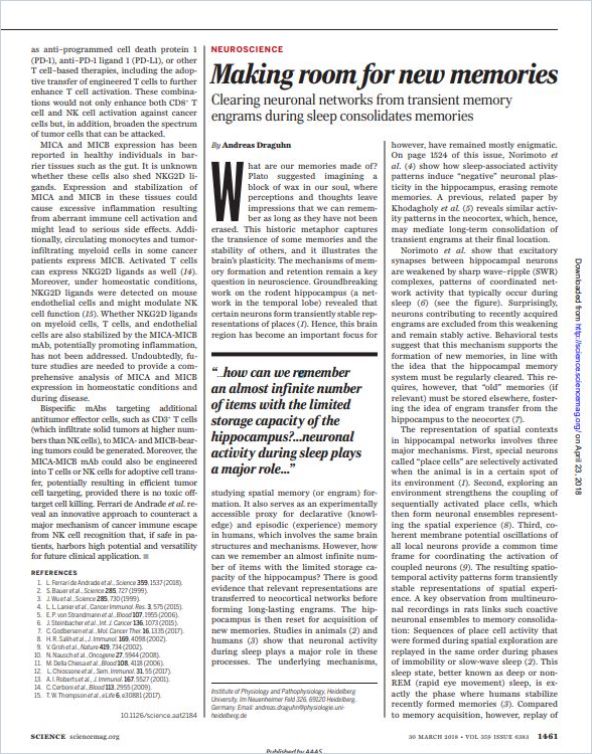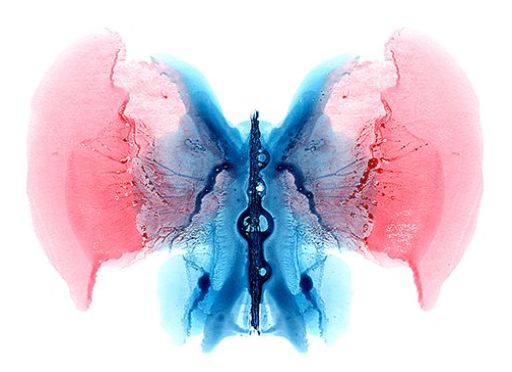Biohacking for Beginners
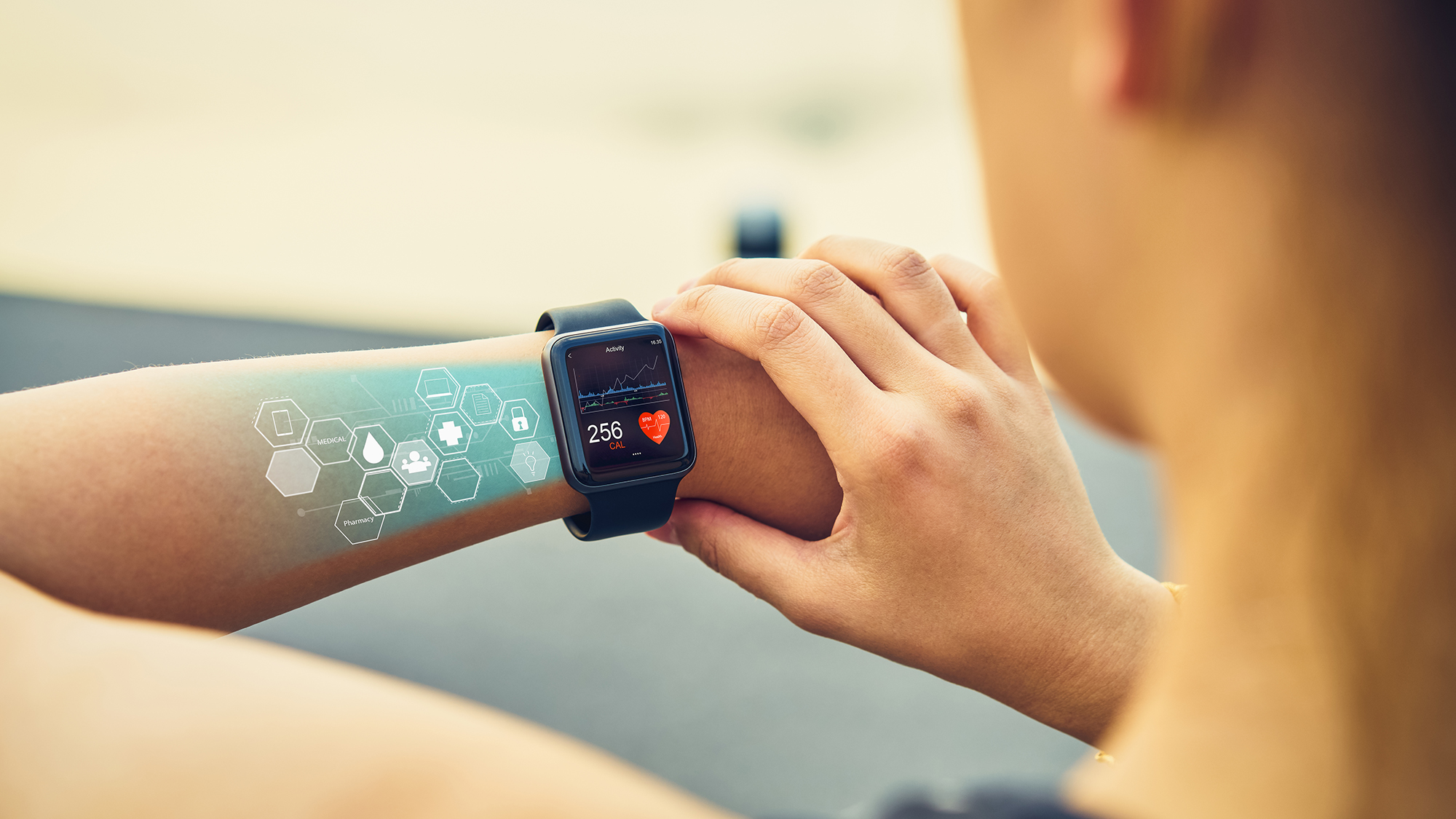
Whether you realize it or not, you program your body every day through what you eat, the exercise you get and how restful your sleep is. Predictably, as in computer coding: garbage in, garbage out. “Biohacking” is the science of figuring out how to improve your inputs as well as your environment in order to improve your results, thus improving productivity, energy and building more happiness into your life. Biohackers try different things to unlock improved performance.
Keep a log of what you eat, when you exercise and other statistics – think about using wearable technology to help – and figure out what makes you feel best. Read about how getAbstract used technology to foster friendly competition across borders comparing activity stats.
Start with the basics:
1. Whatever You Eat Is Your “Diet”
Every body is different, which is why there are so many diet books out there. The best diet is the one that you can stick with, that helps you realize your goals of better health. Explore different approaches to diet here:
Food is medicine. If you eat the foods that your body craves and avoid the foods that are not suited to your body, you can achieve the vibrant, energetic state of health that is your birthright.
Amy Myers
While every body is different, and different diets or eating at different times will work best for different people, most dieticians generally agree on several points:
- Eat plenty of lean protein and high quality fat.
- Fresh vegetables and fruit give your body the micronutrients it needs to keep going, adds fiber, plus keeps cholesterol and blood pressure in check.
- Avoid added sugar, including other simple carbohydrates such as foods with processed flour, which your body metabolizes as sugar – too much of this kind of carbohydrate causes insulin spikes and unstable blood sugar levels, potentially leading to metabolic syndrome and a domino effect of health problems.
- Whole grains and legumes are a better choice than processed foods for fiber.
- Drink lots of water.
- Say no to trans fats in fried foods and potato chips.
Your diet also impacts your mood; it can add to or diminish depression. According to biohacker Dave Asprey in Head Strong, what you eat (or don’t eat enough of) directly impacts your clarity of thought. Vegetables keep your neurotransmitters humming in harmony, especially broccoli and other dark veggies, which are high in beneficial amino acids and nutrients the body uses for muscle and tissue repair.
2. Hate Exercise? Think Movement Instead
Everybody has the same 24 hours, and when it’s crunch time, it can seem easier to forego the crunches instead of carving out time before your work day begins. But putting in those extra minutes can make a huge difference on the back end, in terms of your staying power into the afternoon and evening.
According to Asprey, diet and exercise have the most influence on mitochondria, which are bacteria in your brain and heart that convert oxygen and food into energy for the body. As you age, mitochondria become less efficient and your energy runs down. If you remember nothing else about exercising, the most important thing is to keep moving. Just a walk around the block or rocking out at lunch time will limber up your joints, aid digestion and keep stress at bay.
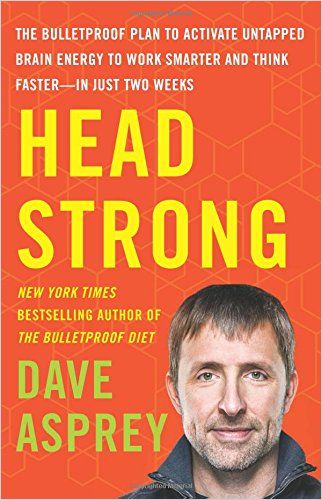
The most effective workouts are high-intensity interval training workouts (HIIT), which are designed around short bursts of maximum effort, like sprints, followed by a winding down period of less exertion repeated as a cycle for a few times. You can do this walking, running, swimming, or just doing push ups. Asprey recommends adding light weight resistance training to HIIT workouts, to maintain muscle tone. Stay hydrated. This workout routine impacts your health without an overly huge impact on your time.
3. Your Body Needs Rest, and So Does Your Brain
A bad diet, too many screens, stress and environmental pollution all add to your toxin load. If your brain feels tired and foggy, it’s probably because it’s expending its energy clearing these toxins. The easiest way to reset the body is through sleep. Doctor James Hamblin covers the basics:
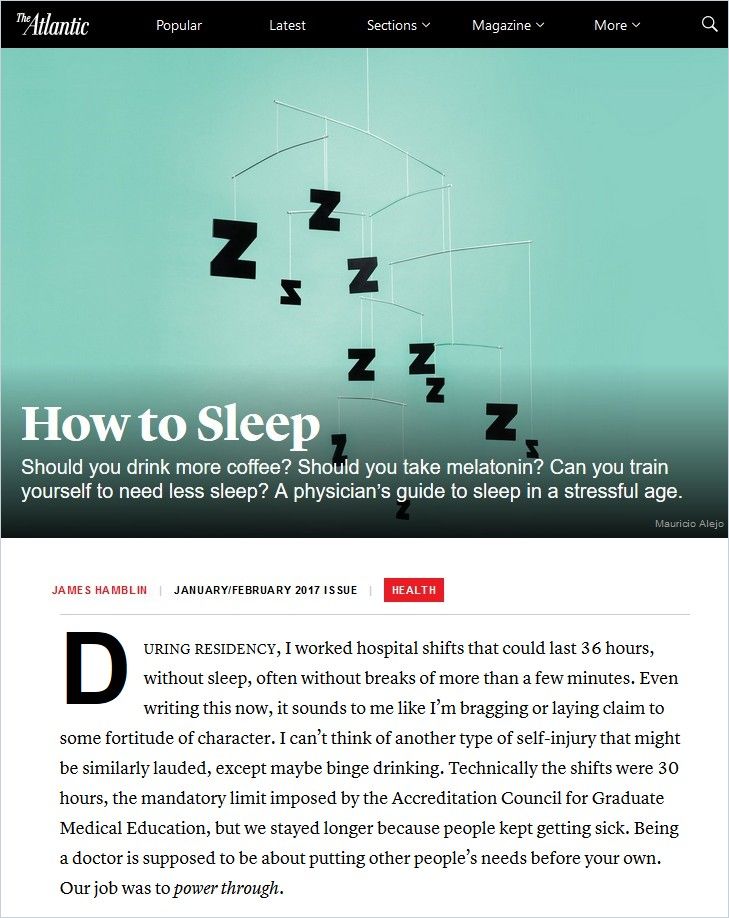
- You need between seven and nine hours of sleep per night.
- Limit caffeine.
- Limit computer screens before bedtime; the blue light makes the brain think it’s daytime.
- Regular sleep clears toxins from the body and brain.
- Good quality sleep helps your brain consolidate memories.
Long-term poor sleep is like bad cosmetic surgery: risky, costly, and not pretty.
Chris W. Winter, MD
4. Control Your Environment to Better Support Your Body and Brain
Ergonomics is the science of optimizing your posture for best health. You can modify your work environment to alleviate fatigue and musculoskeletal problems that can occur when you repetitively force your body into movement that causes discomfort.
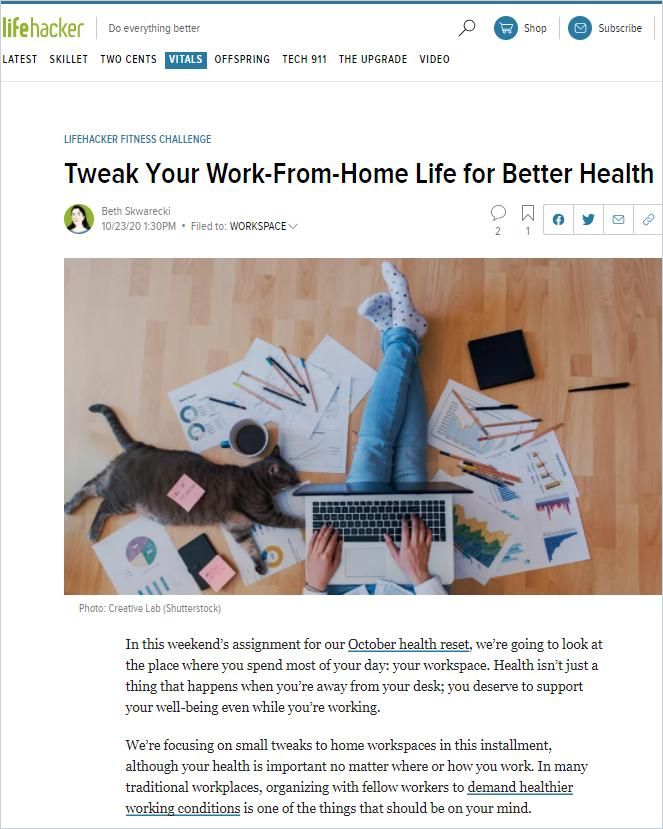
- Adjust your chair so your knees are in line with your hips. Consider a standing desk.
- Keep your computer monitor at eye level and about an arm’s length away.
- Keep your wrists straight while typing, and your hands in line with or below your elbows.
- Get up and stretch periodically.
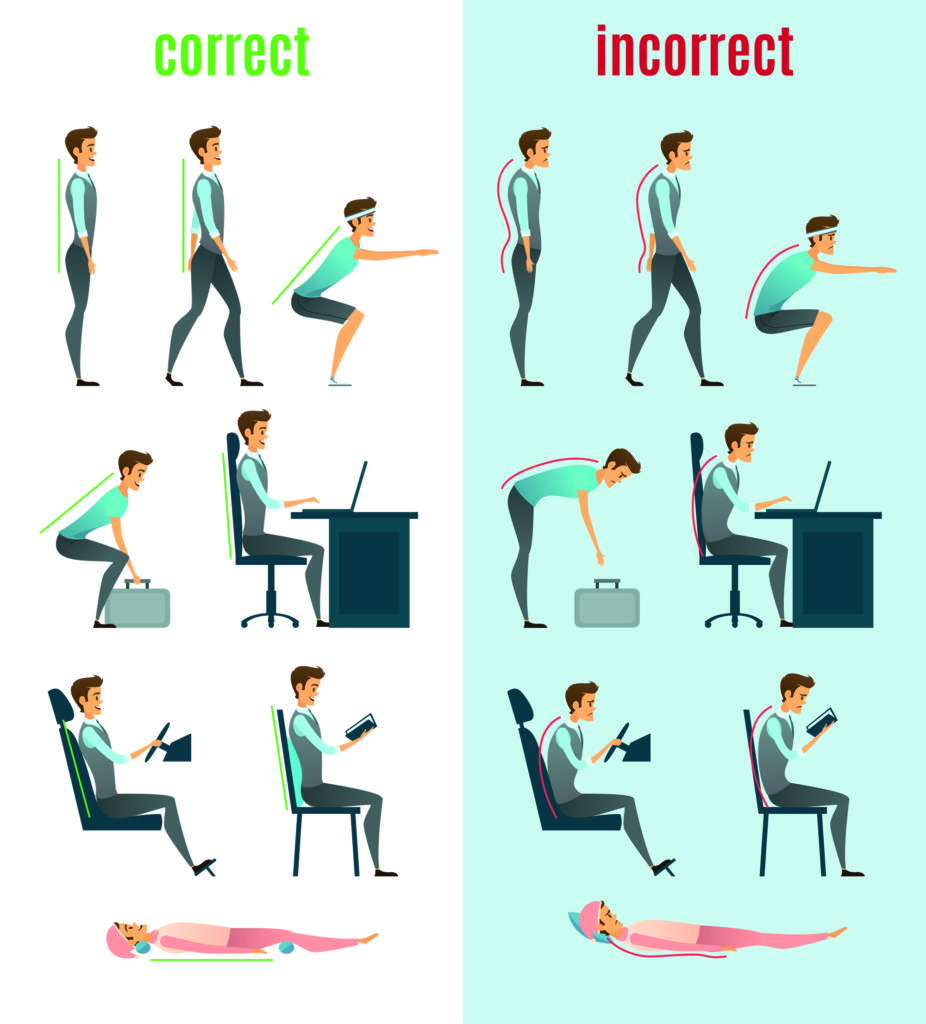
5. Lower Stress and Improve Immune Function
Get into nature. It’s a way to lower stress levels, and your body needs sunlight. Twenty minutes of sun per day boosts vitamin D, helps align your circadian rhythms for better sleep, and combats depression. In Game Changers, Asprey recommends getting outside and getting dirty. Your body needs a diversity of gut microbes for optimal health. Over-zealous cleaning kills beneficial microbes and can be too much of a good thing.
Lowering stress through meditation, exercise and simply resting also lowers inflammation, which is part of your body’s stress response but becomes dangerous when stress is chronic.
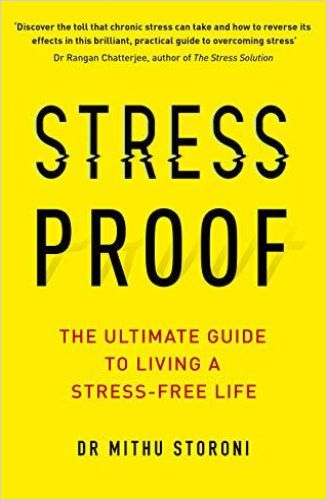
- Regularly give yourself small rewards for reaching goals.
- Hang out with friends and family (in a safe way) when you can: Humans are social creatures and community-oriented.
- Improve your mind-set with a practice of gratitude.
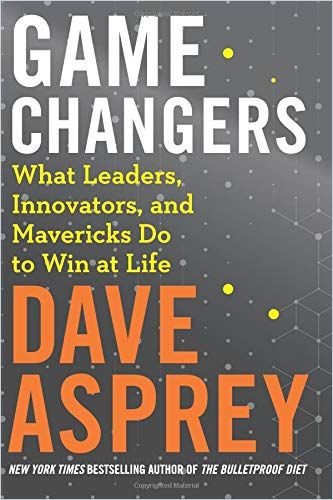
You have the ability to target any state of high performance you choose. Decide what you want to change, measure where you are and get moving. Check again later. Rinse and repeat.
Dave Asprey
6. Habits Are Your Greatest Ally
The journey of 1,000 miles begins with the first step. Set yourself up for health and well-being success by creating habits that nurture you. The best thing about habits is you don’t even notice you’re doing them. James Clear says to make them part of your routine and by the time you think about doing what used to be a chore, what is now a habit will already be done.
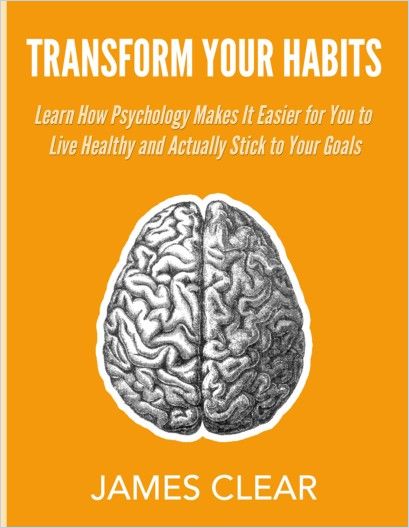
The first few weeks instilling a new habit are the hardest. Take it slow and give yourself lots of latitude to try and fail and try again. Break goals into micro-resolutions and incorporate them into your daily routine.
Daily habits – tiny routines that are repeatable – are what make big dreams a reality. Dream big, but start small.
James Clear
You will have to consciously work the changes into your routine while you encode the behaviors into habit – stick to no more than two new behaviors at a time. Pretty soon the pain of a new habit fades, replaced by the gains of incremental, steady progress.
